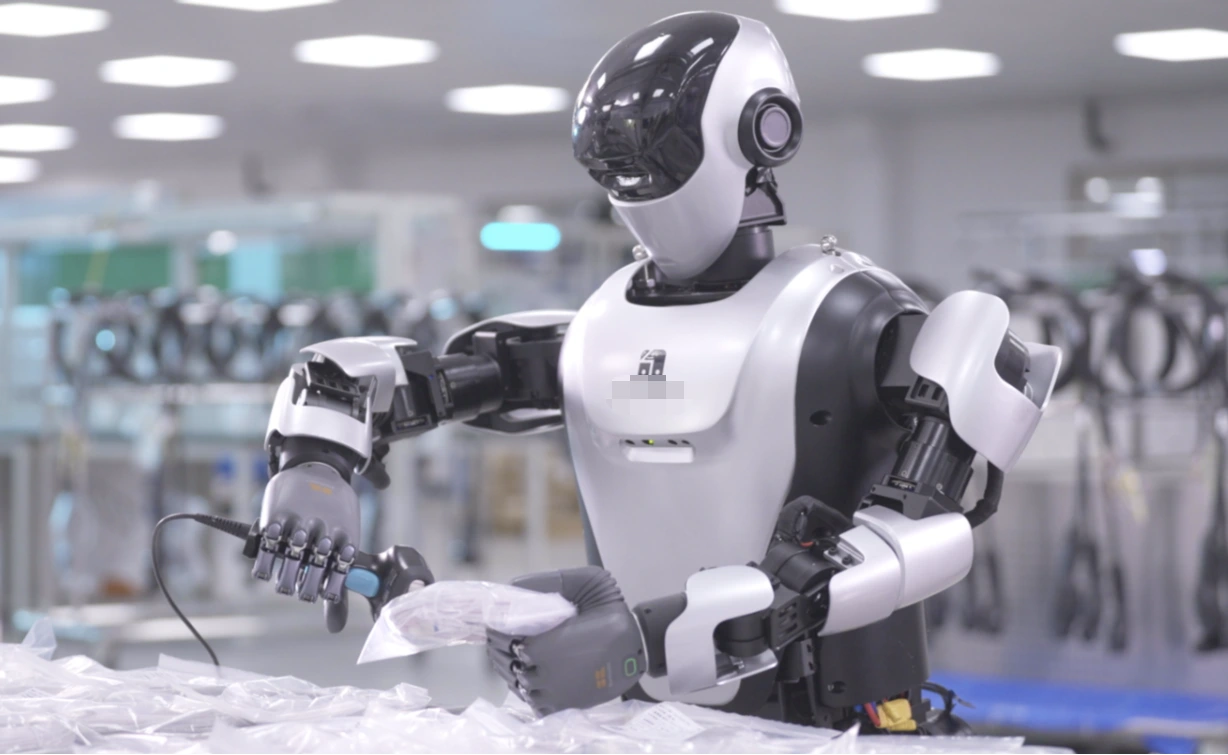In the quest for immortality, humans have always been fascinated by the idea of extending their lifespan. With advancements in science and technology, the possibility of prolonging human life has become a topic of great interest and debate. This article delves into the question, Is it possible to extend human life? and explores the various dimensions and potential avenues for achieving this remarkable feat.
- Understanding the Biological Limits:
To comprehend the possibility of extending human life, it is crucial to first understand the biological limits that govern our existence. The human body is subject to aging, cellular deterioration, and genetic predispositions, which ultimately determine our lifespan. However, recent research suggests that these limits may not be as rigid as once believed. - Unveiling the Secrets of Aging:
Aging, the primary factor limiting human lifespan, has long been a subject of scientific inquiry. Researchers have made significant progress in unraveling the mechanisms behind aging, such as telomere shortening, DNA damage, and cellular senescence. By targeting these processes, scientists aim to develop interventions that can slow down or reverse the aging process. - Emerging Anti-Aging Therapies:
The field of anti-aging research has witnessed remarkable advancements in recent years. From caloric restriction mimetics to senolytics, various interventions have shown promising results in extending the lifespan of model organisms. These therapies hold the potential to delay age-related diseases and enhance overall healthspan in humans. - Genetic Engineering and Longevity:
Advancements in genetic engineering, particularly in the field of gene editing technologies like CRISPR-Cas9, have opened up new possibilities for extending human life. By manipulating specific genes associated with aging or disease susceptibility, scientists envision a future where genetic interventions could enhance human longevity. - Artificial Intelligence and Longevity:
Artificial intelligence (AI) has the potential to revolutionize healthcare and contribute to extending human life. AI algorithms can analyze vast amounts of medical data, identify patterns, and predict disease outcomes. This enables early intervention and personalized treatments, ultimately leading to improved health and longevity. - Ethical Considerations and Social Implications:
While the idea of extending human life is captivating, it raises profound ethical considerations and social implications. Questions surrounding resource allocation, overpopulation, and the potential divide between the privileged and the disadvantaged must be addressed to ensure a fair and equitable approach to longevity.
Conclusion:
In conclusion, the possibility of extending human life is no longer confined to the realm of science fiction. With advancements in various fields, including anti-aging therapies, genetic engineering, and artificial intelligence, we are inching closer to unlocking the secrets of longevity. However, it is crucial to approach this endeavor with caution, considering the ethical and social implications it entails. As we continue to explore the boundaries of human lifespan, it is essential to strike a balance between scientific progress, ethical considerations, and the overall well-being of humanity.








+ There are no comments
Add yours